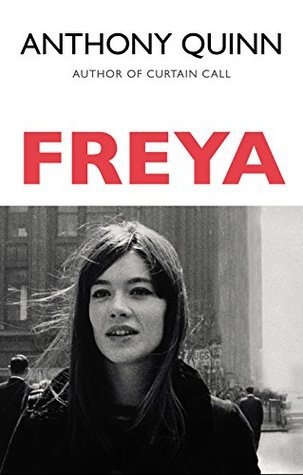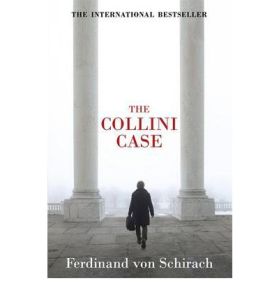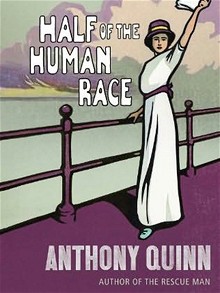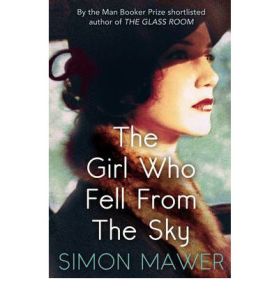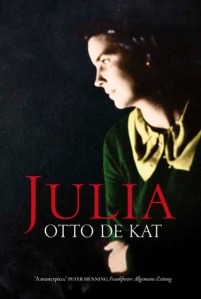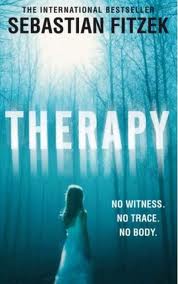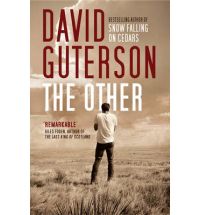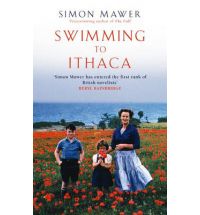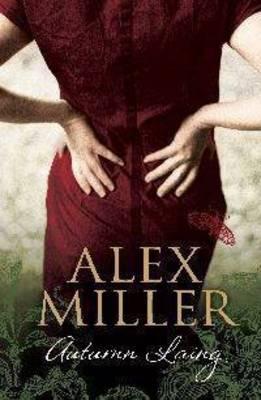
They are all dead and I am old and skeleton-gaunt. This is where it began fifty-three years ago.
Autumn Laing is coming to the end of her days. Frail and irritable about it. Losing her independence, she is reliant on Stony her gardener and Adeli her biographer to keep her out of the care home – somewhere she will not be going. She will end her life on her own terms, just as she lived it. Just as her dearest friends Freddy and later Barnaby, chose to do.
Autumn is looking back on the great love affair and tragedy of her life – with Pat Donlon, then a struggling and undiscovered artist – she seduced him and in doing so destroyed two marriages and deprived his young wife Edith and her unborn child of their future. At the time Autumn didn’t care – the affair played out in front of her husband Arthur – whose silence implied consent? Probably not, but Arthur is portrayed as a gentle, weak man – the wind beneath Autumn’s wings, as her passion for Australian art sees her building and supporting a community of rising talent in 1930s Melborne. Many nights of spirited debate took place at the Laings country house – encouraged by Autumn’s legendary cooking, plenty of alcohol and her passionate belief in her protégées. In Pat Donlon she saw talent, and admired his deliberate shunning of convention. A decade younger, he made her feel young again. She wanted him, and for a time she had him.
But all these years later, an unexpected sighting of Pat’s wife Edith causes Autumn to ask herself – perhaps for the first time – at what cost?
There is a re-occurring theme of identity. Both personal and cultural. Choices to make. Security or adventure? Passion or comfort? Australian or European? Traditional or modern? Painting or poetry?To live or to die? Choices and consequences. For Autumn the safety of her relationship with Arthur and the home they have built versus the visceral attraction she has for Pat and her vision of what they can create together.
Were Arthur and I – I asked myself as I stood there looking at him reading his newspaper and drinking his whiskey, waiting for me to serve him his dinner – were we cowering with each other in the shelter of our own timidity and weakness?
I have been slowly making my way through Autumn Laing over the past three weeks. I expect the essence of it to stay with me for some time. It’s not so much the details or the flow of the story, nor the fact it is based on real people and events, but the universal questions about life that the young and old Autumn ponders, and the importance of recollection, memories and truth. The blurb asks ‘what truth has to do with it?’ After reading this novel perhaps the answer is everything and nothing. Autumn’s truth is her truth, Arthur’s is his, Pat’s is his. It is as simple, and as complicated, as that.
Pat always said that the stuff we erase with our rewriting or repainting is more revealing of our truth than the stuff we overlay it with, our second and third thoughts. Our unconscious motive in rewriting and repainting, he claimed, is always to conceal ourselves.
And you no longer expect it at any age. To have your certainties contradicted by experience, I mean.
Alex Miller has loosely based his novel on the real lives of Sunday and John Reed and their patronage of and relationship with Sidney Nolan, who went on to become one of Australia’s renowned modernist painter. I hadn’t heard of them before or their home Heide, a fifteen acre property that has been the Heide Museum of Modern Art since their deaths in 1981. I am interested now to learn more.
I enjoy reading fiction based on real people. The trick for me is to enjoy the novel as fiction and not to try and figure out what is fact and what comes from the author’s imagination. I like to imagine there is a delicate blending of the two.
Thought provoking and quite beautiful.
Published 2013
446 pages
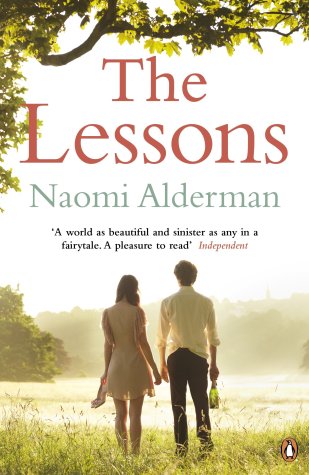
…. But life teaches us who we are.


